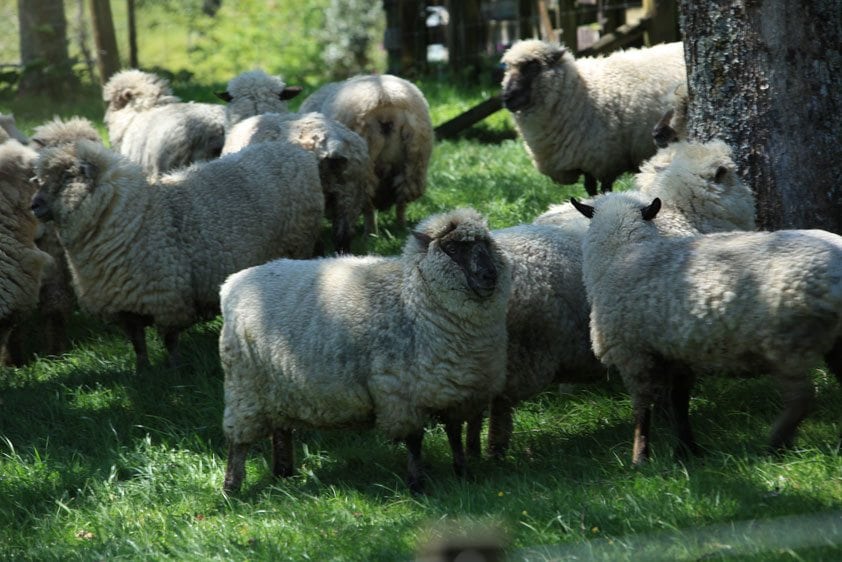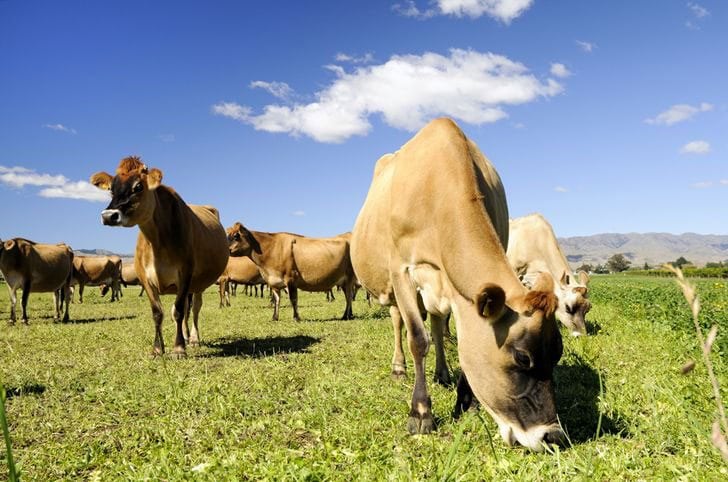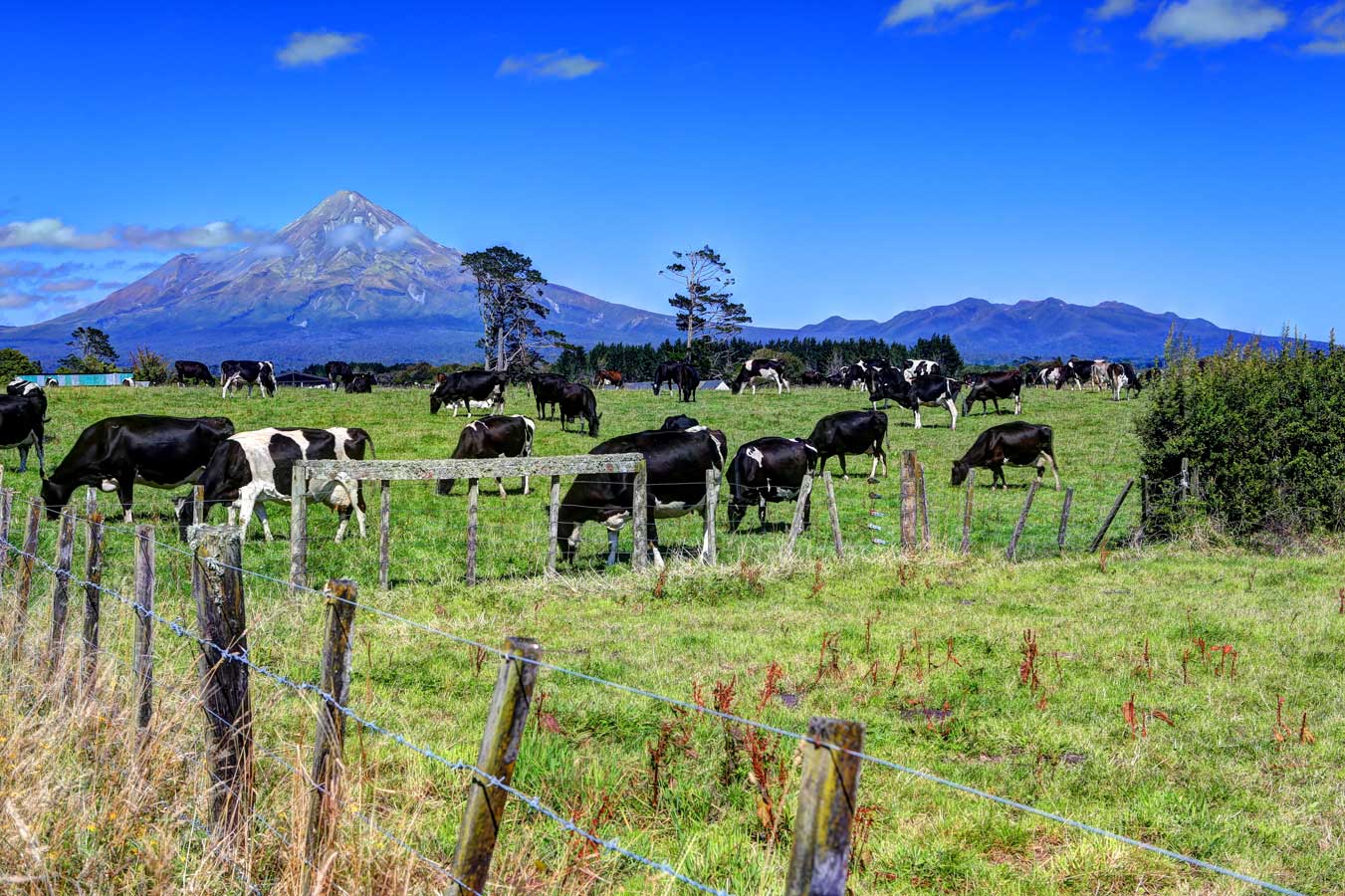Our disease monitoring services are designed to help farmers protect their animals from common diseases; and to provide effective, affordable and timely treatment and containment if an outbreak occurs. We achieve this by educating farmers through our Advisory Services, effective prevention programmes and Vaccinations.
We monitor and publish pasture spore counts to fight facial eczema, spreading our findings via the Taranaki Daily News. We perform parasite monitoring through faecal testing; and use reproductive medicine and lameness levels to help monitor and prevent disease. Calf health is closely monitored to ensure growing calves are disease-free and reaching target weights.
Common diseases we address include:
Endometritis in dairy cows
A bacterial infection of the uterus, endometritis can present following abnormal calving or accompanying a calving related disease.
Clostridia in cattle and sheep
Clostridia infections can lead to sudden death, so prevention by way of vaccination is our key defence. Clostridia bacteria can cause multiple disease syndromes:
In cattle:
- Blackleg
- Tetanus
- Black disease
- Malignant oedema
- Red Water Disease
In sheep:
- Pulpy kidney (PK, enterotoxaemia)
- Tetanus
- Blackleg
- Black disease
- Malignant oedema
Leptospirosis in cattle and dairy cows
There are three types of leptospirosis: one spread by brown rat, one spread by pigs and the other occurring naturally. An infectious disease caused by bacteria of the leptospirosis family, it is a zoonosis and can transfer to humans and result in serious disease.
Facial eczema in grazing animals
Facial eczema (FE) occurs after animals eat large numbers of fungal spores containing the sporidesmin toxin, which causes liver damage. Aside from the visible skin lesions caused by related photosensitisation, a high number of stock will have subclinical effects from the liver damage. These include weight loss and decreased weight gain, lower milk production, and more dry ewes and fewer multiples.
Content reviewed: 17.11.2020



